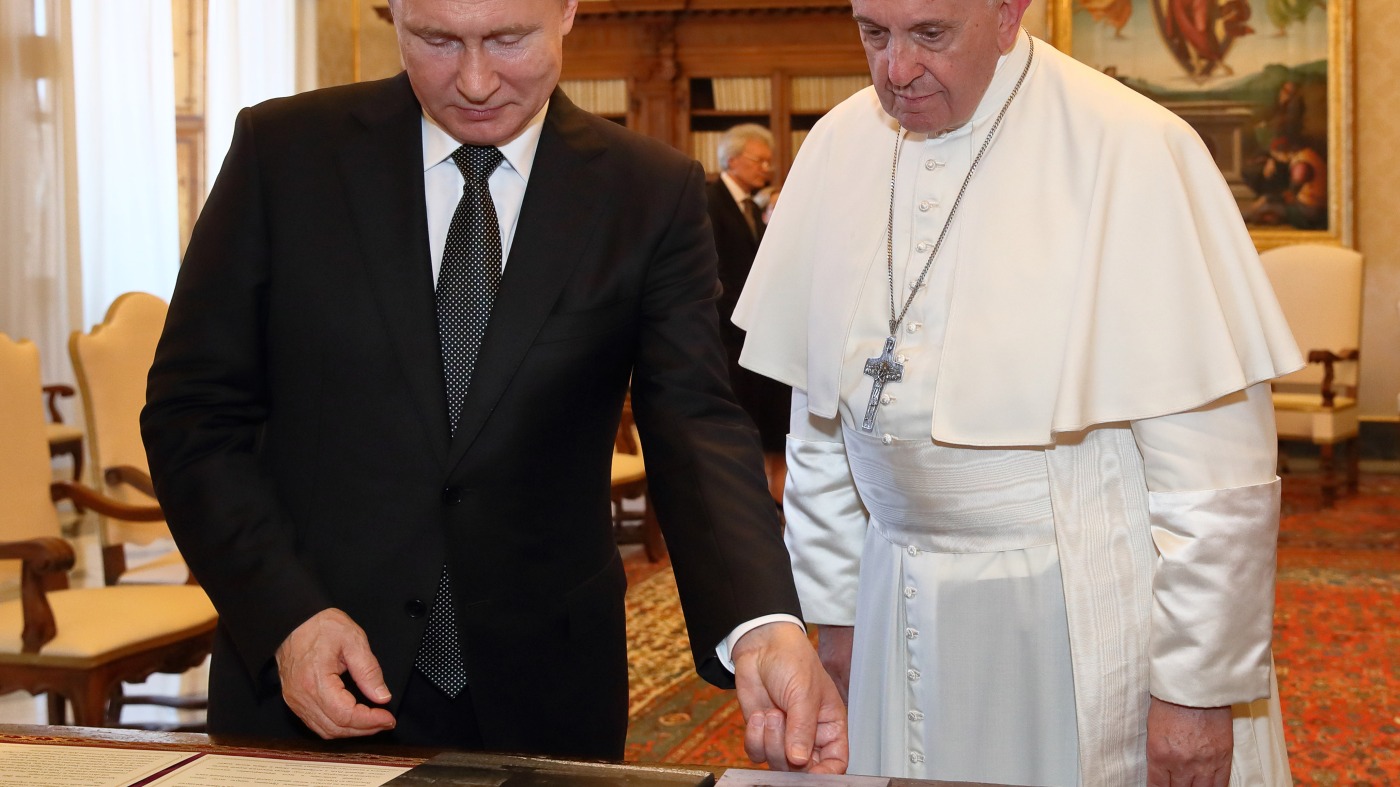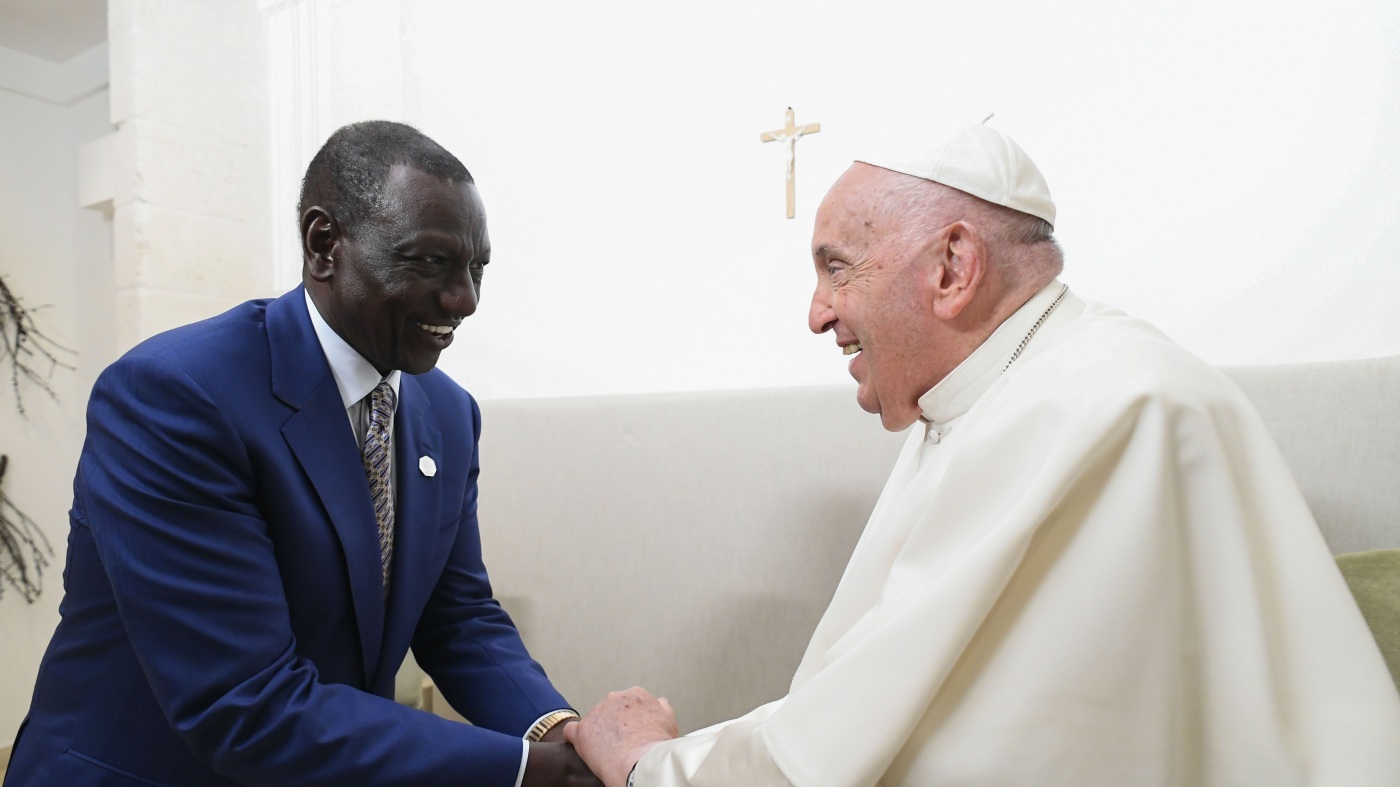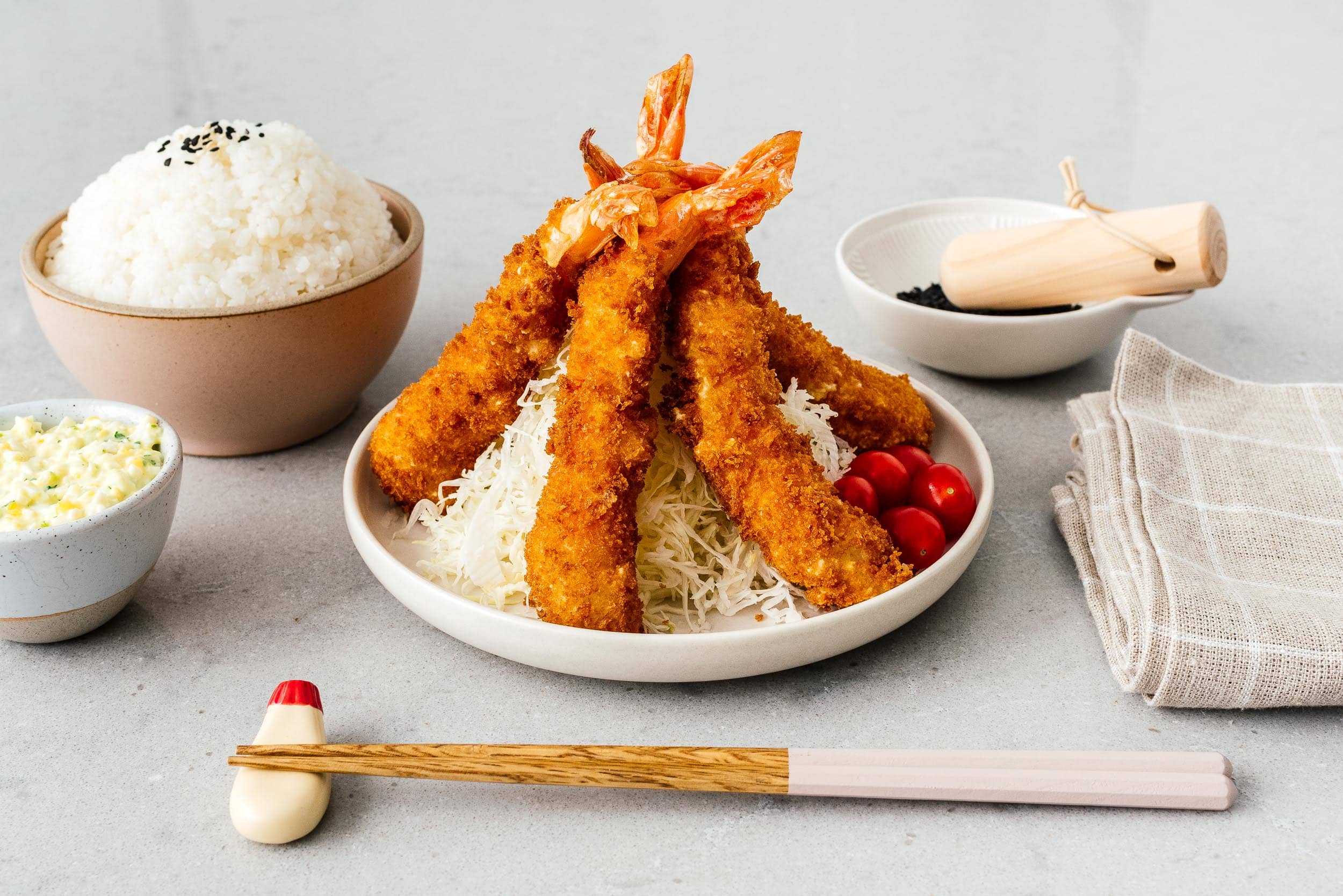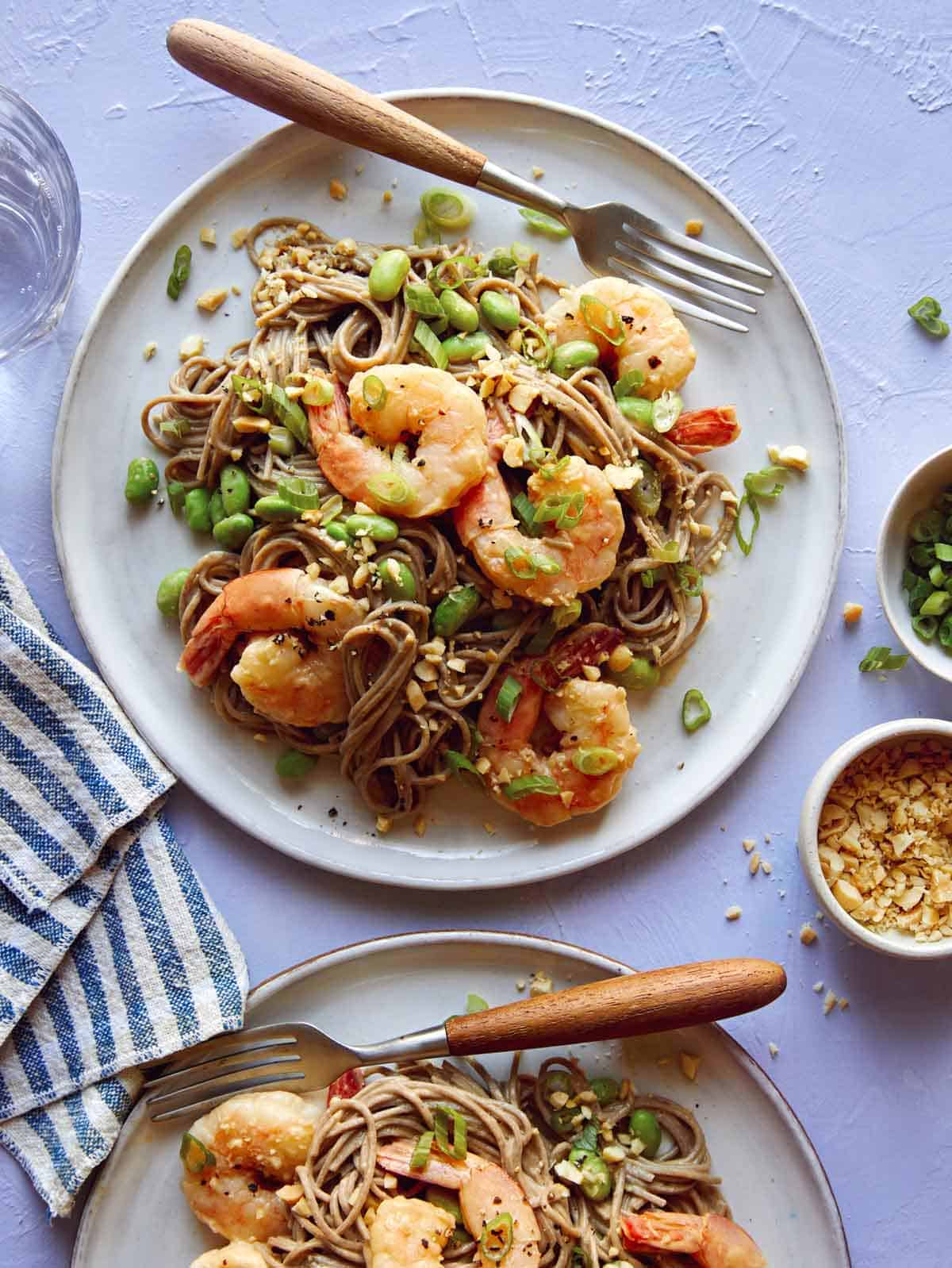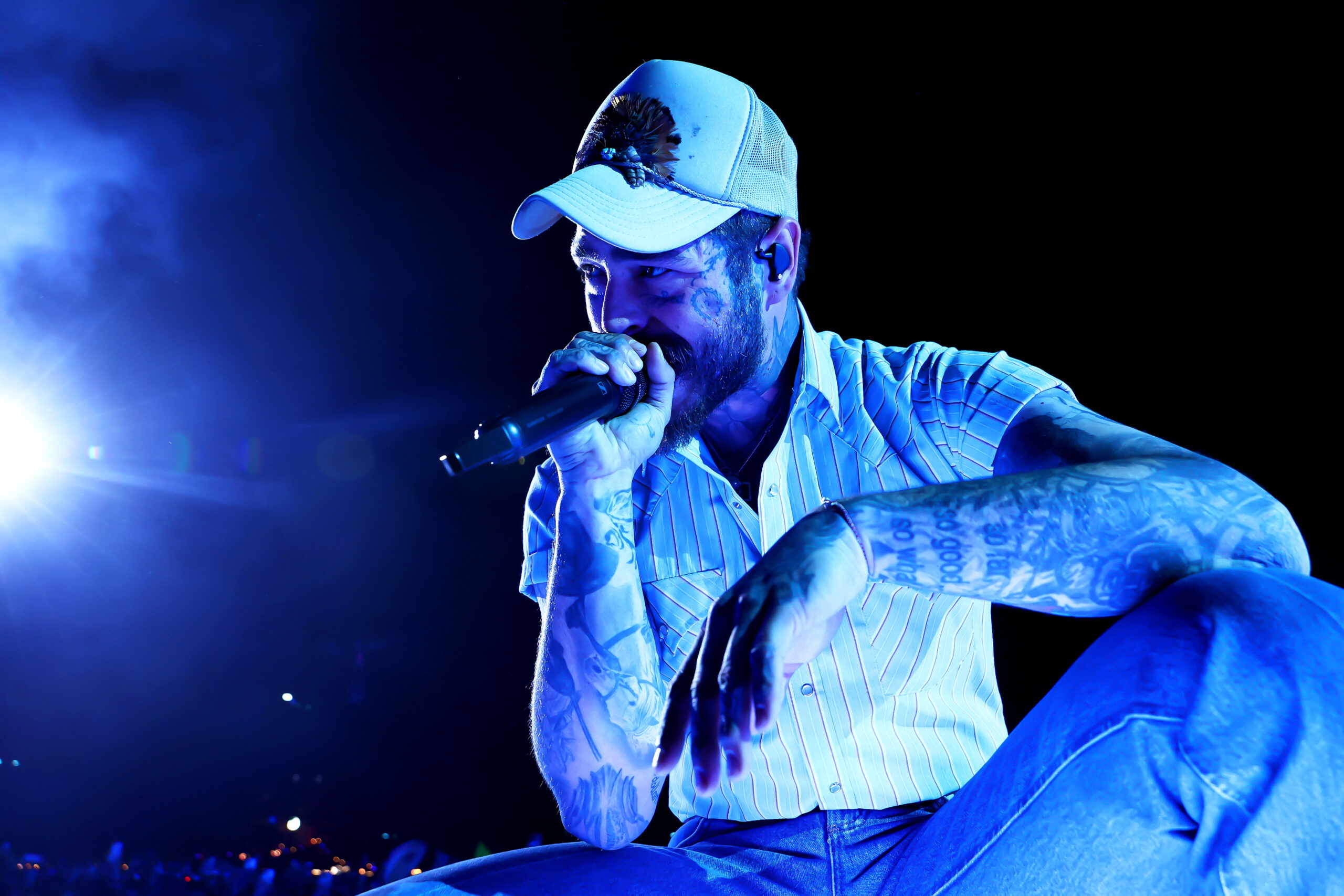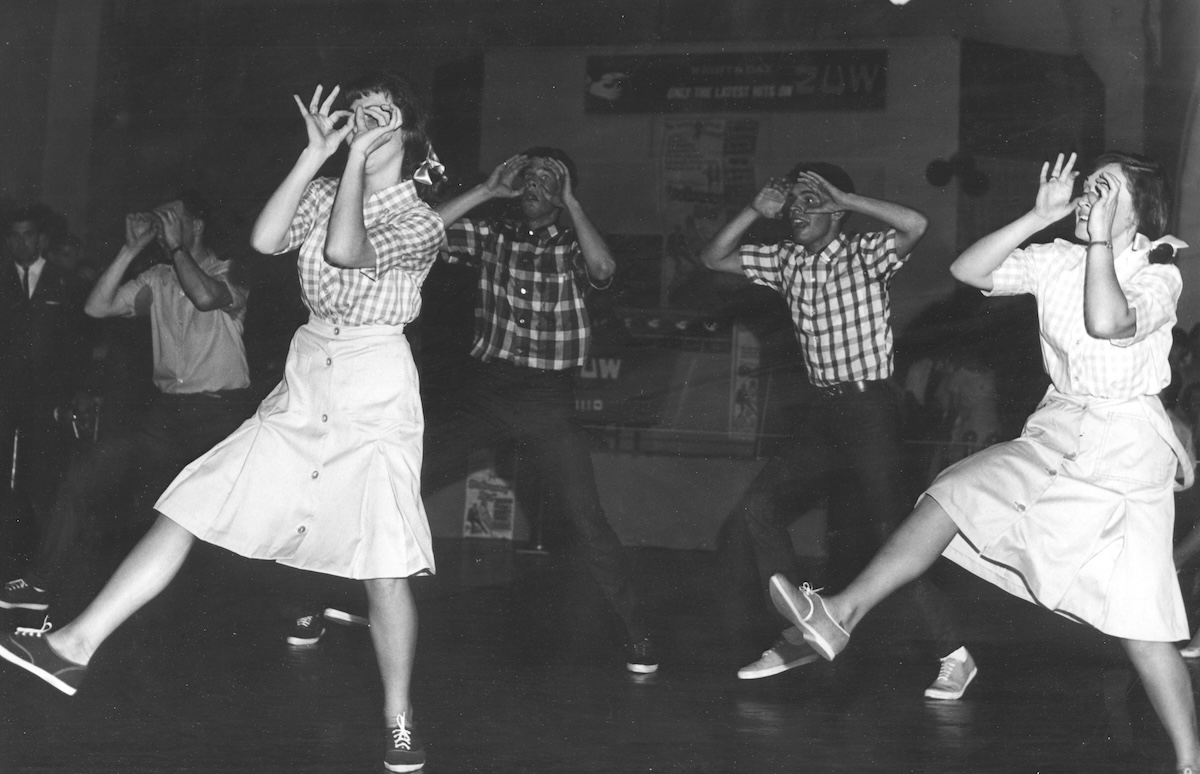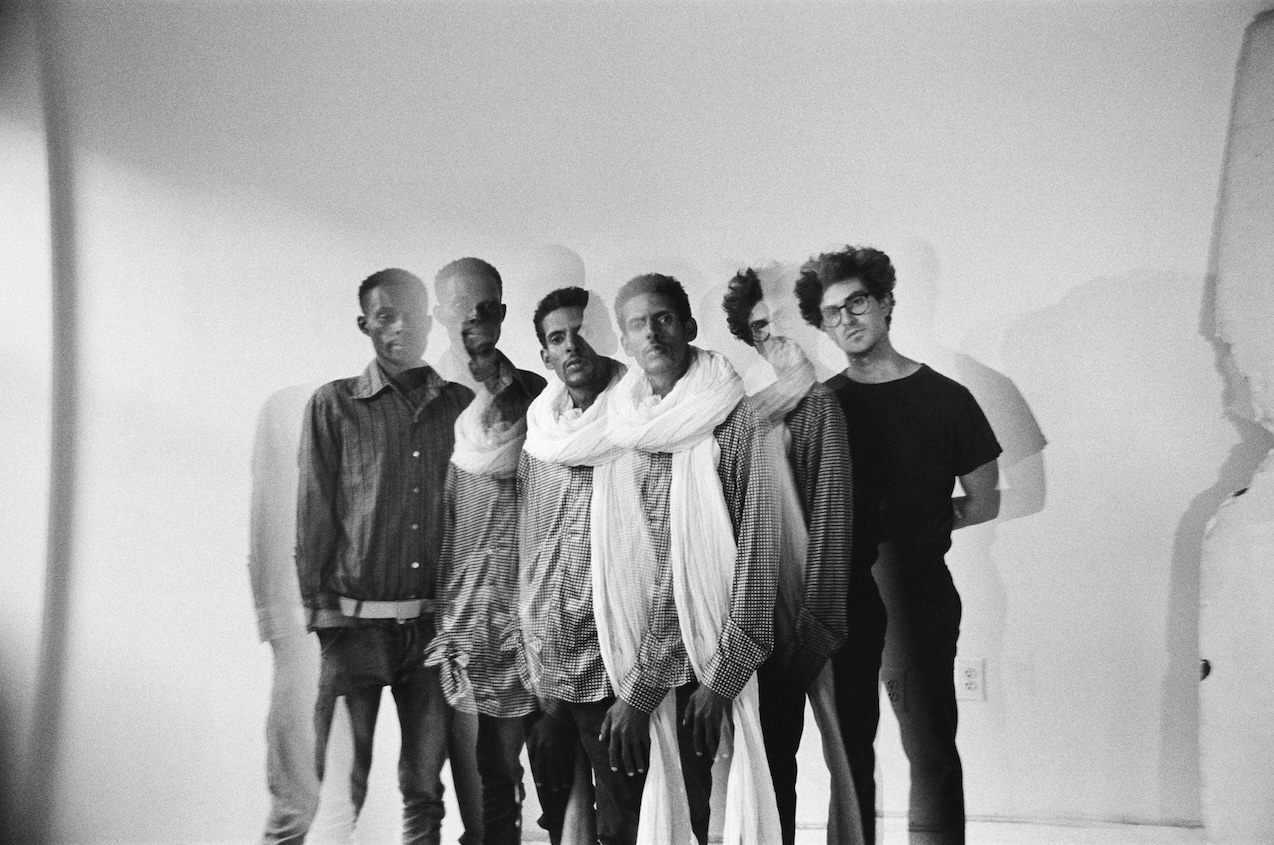At 62, I became the legal guardian of my grandchild. I'm more patient and wiser than the first time I parented.
My husband and I became legal guardians of our grandchild. We are more patient now than the first time around we parented.
Courtesy of the author
- My husband and I became legal guardians of our grandson.
- I was 62, and we had been married for 34 years, but we were starting over with parenting.
- I'm thankful for other caregivers who give us encouragement and advice.
I started over at age 62 — not in the way you might think — my 34-year marriage is strong, and retirement is on the horizon. What I started over at is parenting.
When I learned my daughter was pregnant, I knew that her baby would become the determining factor of all future decisions my husband and I would make.
Living with the trauma of her own adoption, she would not choose the same path for her child, and she opposed termination. So, we supported her throughout her pregnancy and welcomed her and our grandson into our home. We were her support team, and for a while, it worked. But when her struggles as a mother became more pronounced, and intercepted her ability to parent, we knew we had to take the lead.
So, when our grandson was 18 months old, with a judge's signature, my husband and I became legal guardians of him. We had joined the ranks of kinship caregivers.
We are more patient
Kinship families are made up of non-parent family members who care for children and provide them with a sense of connection, security, and ties to their cultural heritage, family, and community. We are joined by aunts, uncles, cousins, and siblings.
My husband, our grandson, and I function well as a unit despite our extreme age differences. He reaches each milestone with lightyear speed while we have trouble getting up off the floor. We have an amazing HeadStart program for day care, Google for answers, and Pinterest for ideas. We are wiser and more patient with him than we were on our first parenting go-round. When it's just the three of us, things go smoothly. Making room, making accommodations for his mother and birth father to be in his life (which is the goal), that's where the overwhelm and exhaustion come in.
Our family dynamic is different
I think this is the biggest struggle for us as kinship caregivers. Caring for a toddler, even with their challenges (and they can be legion), is one thing. Navigating the role their birth parents play in his life places us on a whole different level of family dynamics.
We're grateful that our grandson's parents are in his life. So, we stop what we're doing for Facetime visits, navigate text chains that are often misconstrued, coordinate pick up and drop off, and help our grandson process his return after an overnight visit.
We're not in this alone. I am thankful for the benefits my grandson receives and for the organizations and ministries in our community offering everything from virtual support groups to free diapers to foster closets. We take advantage of it all. There is no place for pride in the kinship world. We'll take those free gallons of WIC milk, thank you very much. Swapping out shoes and pj's for the next size up at the foster closet connects me to the larger community of other families traveling this same road.
But mostly, I'm grateful to the other caregivers who are there online and at the coffee shop to offer encouragement, advice, and support — all without judgment or shaming. No situation is so extreme that someone hasn't dealt with it before, and no question is silly.
We grieve with those who are grieving and celebrate the little and big family moments.

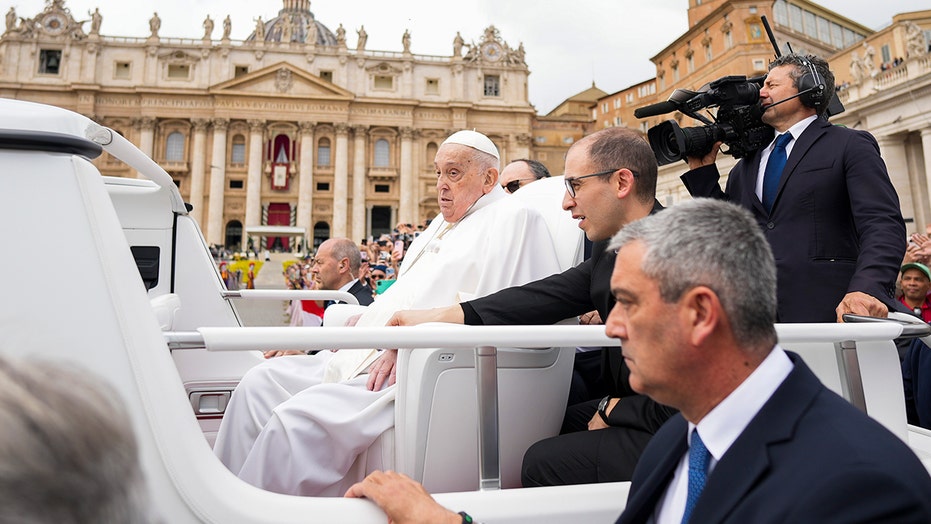




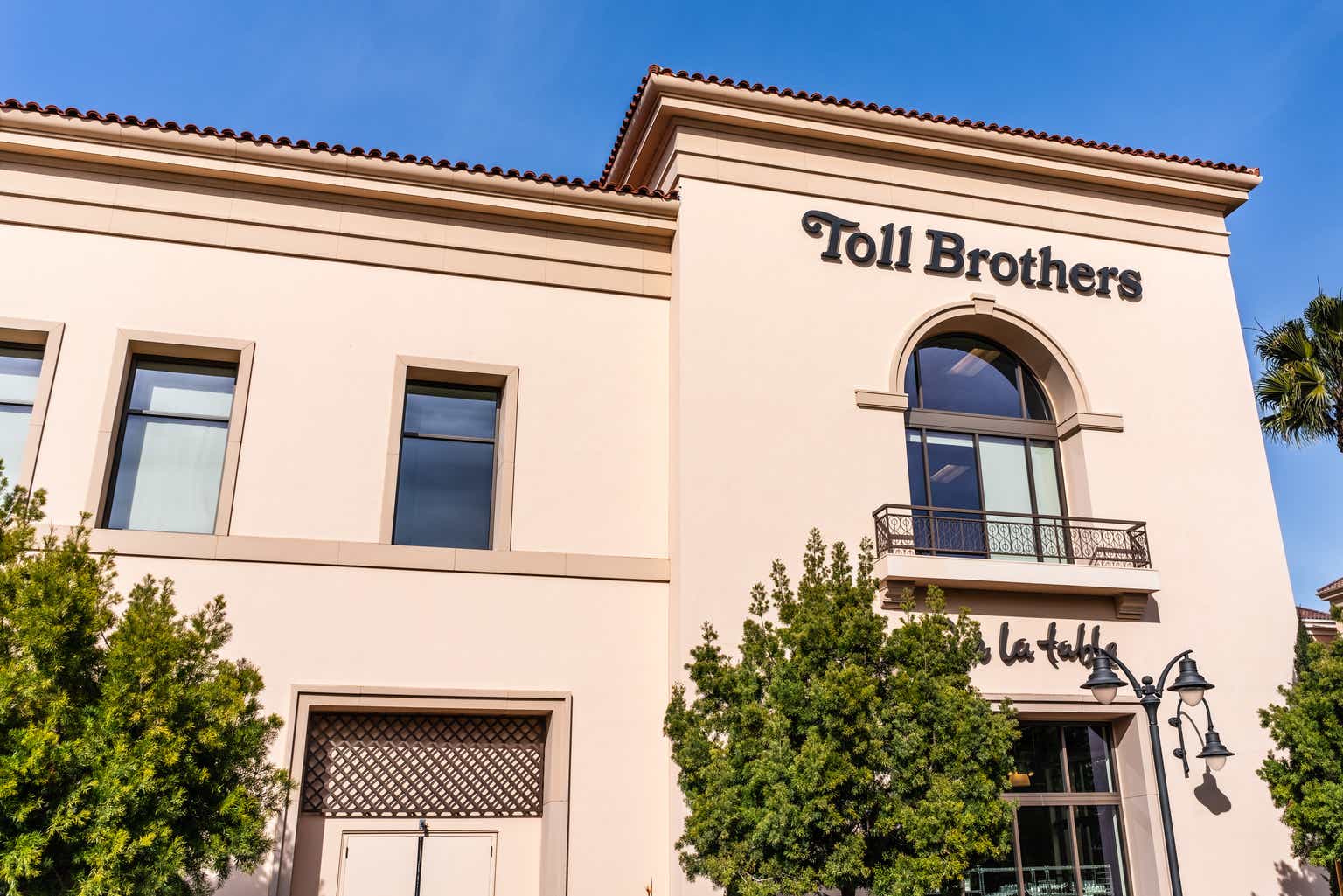






















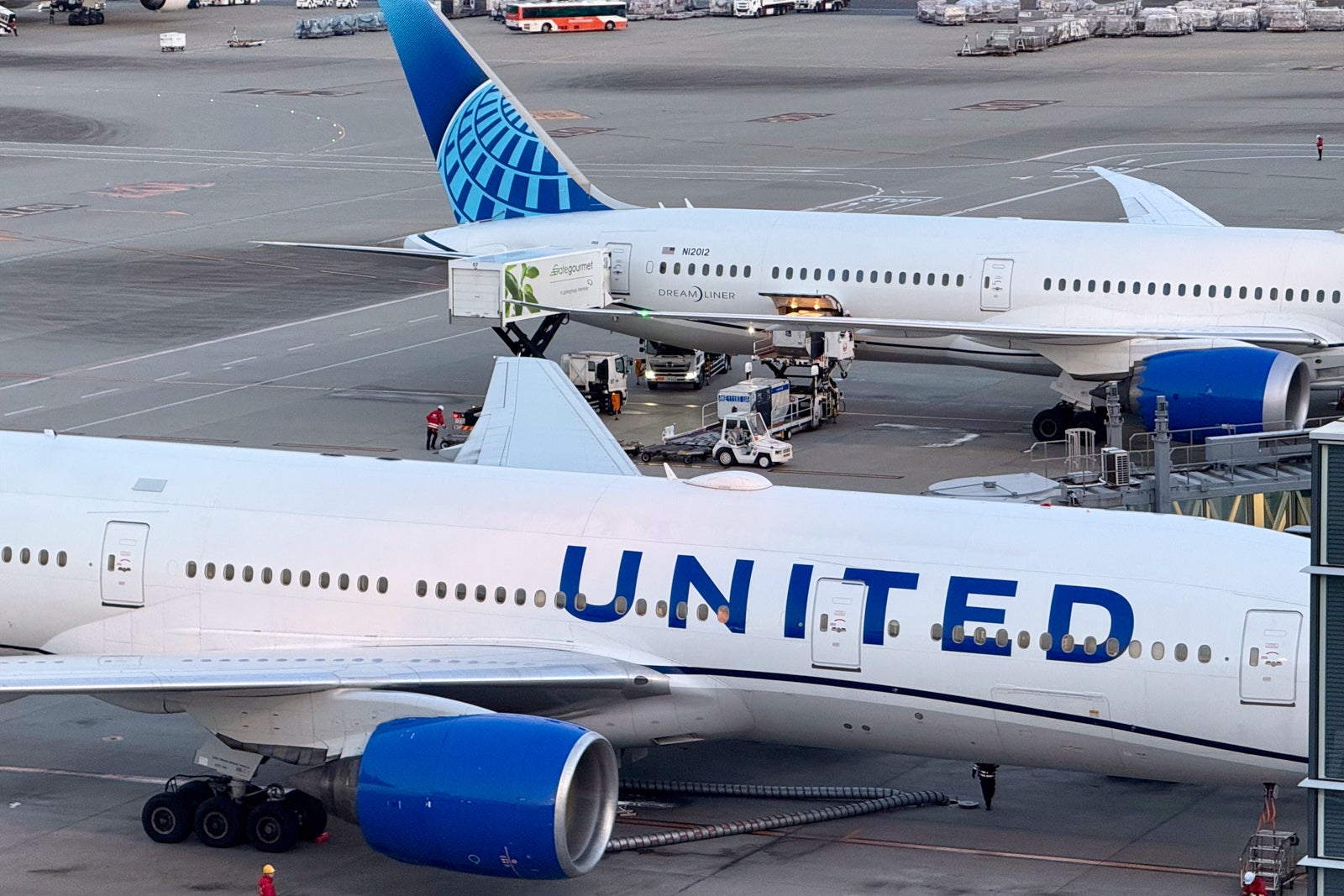






/https://tf-cmsv2-smithsonianmag-media.s3.amazonaws.com/filer_public/5d/76/5d76dc0a-1d19-402e-9d40-f2dc84932838/smithmag-deepsealifenorway-v2_web.jpg?#)

